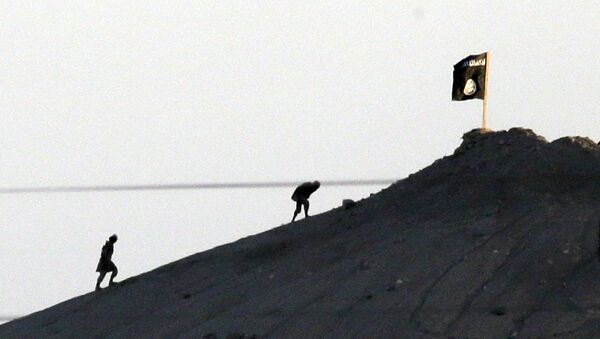“I think climate change is going to be an underpinning for a lot of national security issues,” he said.
The climate change consequences will lead to “the cycle of extremism [to] continue for the foreseeable future,” Clapper said, adding that when Daesh is crushed, new terrorist groups will keep emerging.
The growth of terrorism has been linked to global warming a number of times, with public figures like Vermont Senator Bernie Sanders and Prince Charles speaking in favor of concept.
The paper states that the drought and desertification of Syrian territories were conditioned by the “long-term mismanagement of natural resources,” rather than by the climate change.
This is why blaming the climate change for the breakout of hostilities and subsequent rise of Daesh in Syria is “irrelevant” and an “unhelpful distraction,” the authors of the study claimed.
"An exaggerated focus on climate change shifts the burden of responsibility for the devastation of Syria’s natural resources away from the successive Syrian governments since the 1950s and allows the Assad regime to blame external factors for its own failures.”
The Department of Defense treats the extreme climate conditions as “threat multiplier” facilitating terrorism. To address the issue, the Pentagon released the new Directive on Climate and Security aimed at adapting military to the changing climate environment.
The move caused outrage among Republicans, with many saying that the Pentagon should focus on military elimination of Daesh rather than on addressing climate change.
“These executive orders require the Department of Defense to squander—squander—precious defense dollars by incorporating climate change bureaucracies into its acquisition and military operations and to waste money on green energy projects,” Rep. John Fleming, R-La. Said, calling the military brass to turn to “real, credible threats.”





